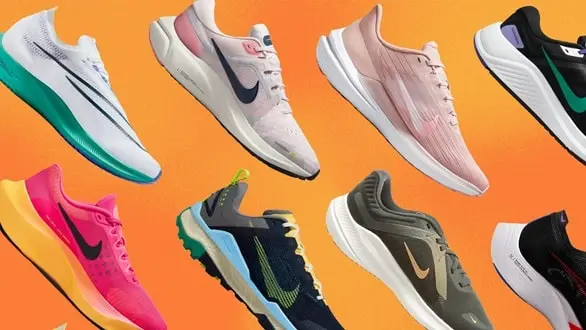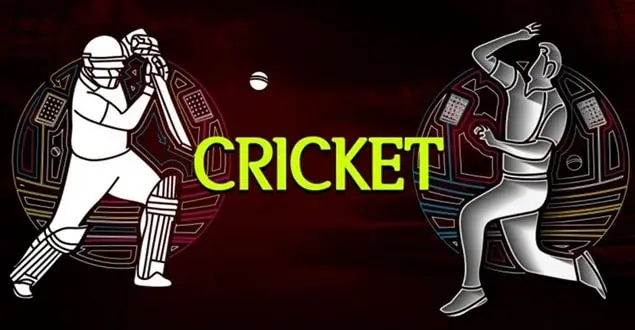Running doesn’t demand an abundance of equipment, but a quality pair of sports shoes for men and women is essential. Before making a purchase, being well-informed about running shoes is crucial. These tips are invaluable in aiding you to make the right decision when selecting a pair of runners.
So, what key facts should you be aware of? Here are our top 5 surprising insights into sports shoes.

Top 5 Surprising Facts about Sports Shoes
Discover the top 5 surprising facts that add a new dimension to your understanding of these essential components of our active lives:
● Running shoes last for 650 kilometres.
Many experts recommend replacing your running shoes after covering approximately 500 to 750 kilometres. However, the wear rate varies from person to person. Rough or uneven terrain, hot asphalt, and individual running strides can contribute to faster wear.
Typically, you’ll observe signs of wear and tear when it’s time for new shoes. Experiencing foot or knee discomfort after a run and noticing a condensed appearance in the shoe are common indicators. Monitoring these signs and keeping track of your mileage per pair can help you make informed decisions about when to retire your running shoes.
Also See: How To Start A Shoe Footwear Business In India
● The innovations in apparel and running shoe fabrics arose from women’s lingerie.
No joke.
What’s the link between these two? Stretchiness and support. A snug fit is key. Running shoes and apparel borrowed these concepts and sprinted with them, shaping the fabrics and designs we see in modern running shoes today.
● Running shoe brands created three different types of running shoes, which might be slightly flawed.
Running shoe brands traditionally advocate three categories: stability, neutral, and motion control. These distinctions were primarily shaped by how much an individual’s feet pronated during running or walking, serving as a selling point for these shoes.
However, a recent study challenges this perspective, suggesting that moderate foot pronation doesn’t necessarily correlate with heightened injury risks, dispelling previous concerns.
The silver lining? Running shoe brands are adapting to this revelation. Many adjust their categorisations and expand their offerings to align with consumer preferences and requirements.
● There’s no “perfect” running shoe.
Ultimately, your choice of running shoes boils down to personal preference. Factors such as the distance you run, the shape of your feet, and your biomechanics vary from runner to runner, influencing the ideal type of running shoe.
Many runners discover a shoe that resonates with them and remain loyal to that brand and type for years. This long-term commitment is often fueled by the unique combination of features that align perfectly with an individual’s running style and comfort.
● The sole stiffness of your running shoe significantly impacts how much energy you use to run.
The sole’s stiffness, particularly across the toes, significantly impacts the energy expended while running. Excessive bending of our toes during running can lead to inefficiency. Conversely, if the sole is overly stiff across the toes, the natural flexing of our toes, crucial for running efficiency, is restricted. This can increase strain on the calf muscles, posing a risk of injury.
A moderately stiff sole with slight bending at the toes appears optimal for most individuals. However, those with exceptionally strong calf muscles might perform better in a shoe with a more rigid sole.
Winding Up
What did you think about our top 5 surprising facts about running shoes? Truly eye-opening, right?
When it boils down to it, the ultimate running shoe is the one that provides the utmost comfort for you. To explore beyond the ordinary, consider checking out renowned Indian footwear brands like Cult.sport online. Find a running shoe that seamlessly blends comfort with style, ensuring your running experience is enjoyable and fashion-forward.














